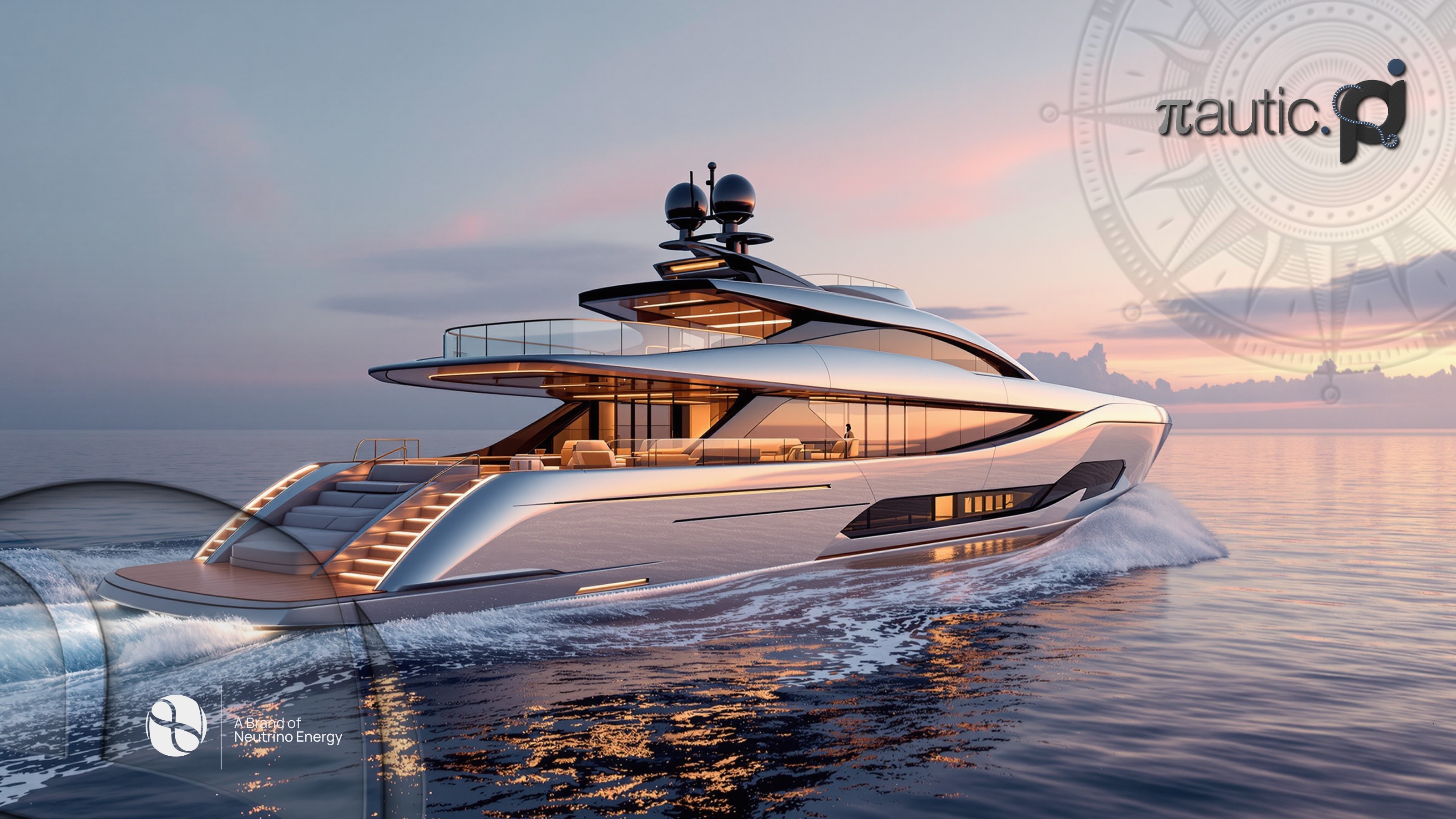Zero Emissions, Total Independence: A New Blueprint for Sustainable Marine Mobility
MUNICH, DE / ACCESS Newswire / June 5, 2025 / The era of diesel-dependent maritime propulsion is nearing its end. Across the maritime industry, a structural rethink is underway-one that prioritizes autonomy, sustainability, and operational resilience. At the core of this transformation lies a material that once lived solely in academic theory: graphene.
Graphene-enhanced. Neutrinovoltaic-powered. AI-integrated. The Nautic Pi from Neutrino® Energy Group sets a new benchmark in self-sufficient marine mobility—free from solar dependency, diesel logistics, and environmental compromise.
Now the linchpin of energy harvesting in neutrinovoltaic systems developed by the Neutrino® Energy Group, graphene has evolved far beyond structural reinforcement. Engineered into multilayer nanocomposites, it enables the harvesting of energy from ambient sources-including neutrinos, other non-visible radiation, and thermal gradients. The result: a continuous, decentralized power supply independent of location, sunlight, or fuel.
Graphene's exceptional tensile strength-200 times stronger than steel-and superior conductivity are already redefining marine composites. It increases hull durability, reduces hydrodynamic drag, resists corrosion, and eliminates the need for toxic antifouling agents, offering both ecological and mechanical advantages.
But graphene's most radical impact is within the vessel's power infrastructure. In the Neutrino® Energy Group's Nautic Pi initiative, graphene becomes an active energy interface. Neutrinovoltaic metamaterials embedded in the hull convert atomic vibrations-induced by ghostlike neutrinos and other omnipresent particles-into continuous electrical current. This system functions day and night, even underwater or in total darkness, entirely independent of conventional energy inputs.
Utilizing advanced vapor deposition and plasma layering, the Neutrino® Energy Group integrates doped graphene-silicon wafers into hulls and structural components. These metamaterials provide reliable energy for propulsion, communication, lighting, and critical navigation-drastically reducing, or even eliminating, battery and fuel storage needs.
For small and medium vessels, this represents a true paradigm shift. Silent, emissions-free, and nearly maintenance-free, such platforms are ideal for autonomous surveillance, research missions, or emergency response. They operate as mobile hubs with minimal logistical dependency-offering true off-grid sovereignty at sea.
Graphene's role extends to thermal management, improving reliability of marine electronics by dispersing heat and resisting saltwater-induced degradation-lengthening service life and reducing failure risks.
The implications ripple across the maritime ecosystem. Shipbuilders are redesigning production lines to integrate metamaterials. Certification agencies are adapting standards for energy-generating hulls. Ports will evolve to support data logistics rather than fuel services.
Nautic Pi is not a prototype but a fully realized platform, built by a team of physicists, engineers, and naval architects. Drawing from the success of the Neutrino Power Cube and Pi Car, its modular, upgradeable skin supports future neutrinovoltaic iterations. AI governs propulsion, diagnostics, and navigation-with future iterations serving as floating nodes in decentralized edge-computing networks.
Powered not by fuel but by the cosmos itself, Nautic Pi offers an engineered alternative to the constraints of legacy maritime systems. With graphene as both structure and source, and neutrinovoltaics as the onboard energy backbone, Neutrino® Energy Group is redefining what it means to move at sea-quietly, cleanly, and completely untethered.
Contact Information
Holger Thorsten Schubart
CEO
office@neutrino-energy.com
+493020924013
SOURCE: Neutrino Energy Group
View the original press release on ACCESS Newswire





